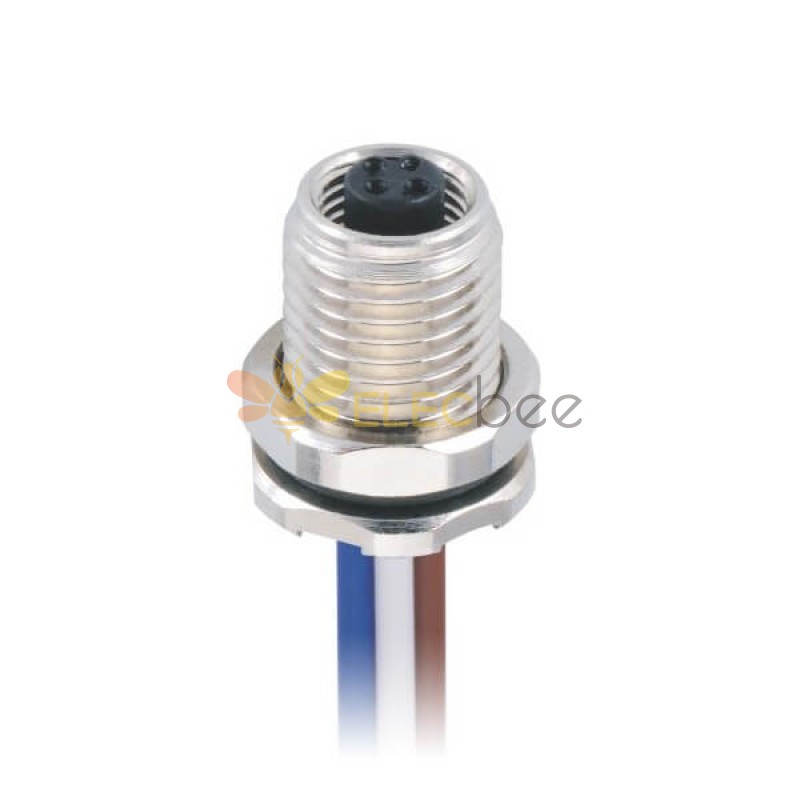What is the sealing protection of M5 connectors?
The sealing protection of M5 connectors is an important aspect to consider when selecting these connectors for industrial and automation applications. The sealing protection refers to the ability of the connector to protect against environmental factors such as dust, water, and other forms of contamination.
The M5 connector is designed with a compact size, making it suitable for applications where space is limited. However, this small size can also leave the connector more vulnerable to environmental factors. To combat this, the M5 connector features a sealing protection system that is designed to keep the interior components safe from environmental factors.
There are different types of sealing protection available for M5 connectors, including IP65, IP67, and IP69K. These ratings refer to the level of protection offered by the connector against different forms of contamination. IP65 protection provides basic protection against dust and water splashes, while IP67 offers protection against temporary submersion in water. IP69K protection is the highest rating and provides protection against high-pressure, high-temperature water.
The choice of sealing protection for M5 connectors will depend on the specific application and the environment in which the connector will be used. For example, if the connector will be used in a harsh environment that is exposed to high-pressure water, IP69K protection would be the most suitable choice. On the other hand, if the connector will be used in a less harsh environment with limited exposure to water, IP65 protection may be sufficient.
In conclusion, the sealing protection of M5 connectors is an important aspect to consider when selecting these connectors for industrial and automation applications. By choosing the right sealing protection, users can ensure that the connector will be able to protect against environmental factors and perform reliably for a long time.

Comments
Post a Comment